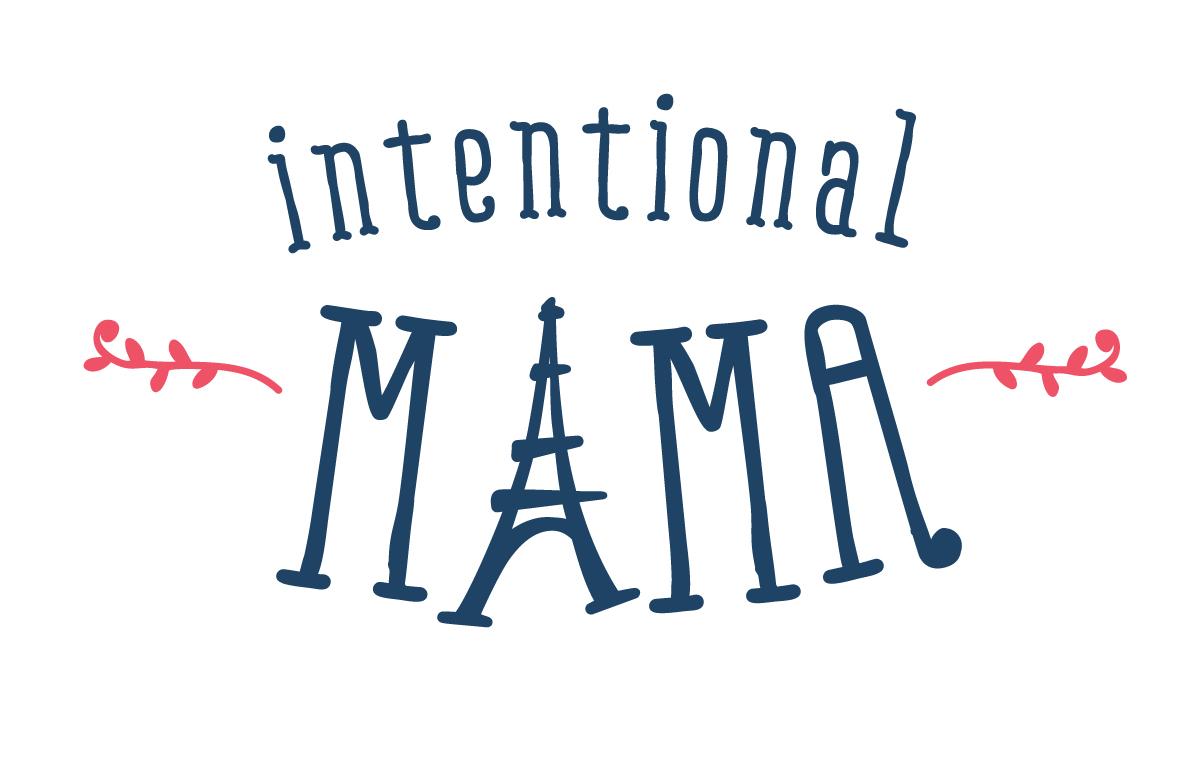Non-Native Language Mistakes: Should You Be Worried?
As a non-native French speaker, I find that my lack of language knowledge is the most worrisome part of speaking French with my children. What if I ignorantly teach them to use the wrong words? What if my sentences are grammatically garbled (as they often are)? Will they one day be embarrassed by the language errors I have mistakenly passed on to them?
Internal ilustration from Le Petit Chaperon Rouge by Jean-Louis Lejonc. This version of the story was written by Jean-Jacques Fdida.
One moment last month was reassuring for me on this topic. While writing a blog post about this sweet French reenactment of Little Red Riding Hood, I discovered that the word I'd been using for "hood," chaperon, actually meant "chaperone." (The true meaning is ridiculously obvious now, but I still blame Little Red Riding Hood--aka Le Petit Chaperon Rouge--for my error.)
So I'd been mistakenly using the word chaperon for months, if not years, with my children. ("Do you want your hood?" "Put on your hood." Etc.) When I discovered my mistake, I immediately switched to the appropriate word, capuche. (Thank goodness for a good French English dictionary!) I can't recall if I explained or commented on the word switch to my children, but I was delighted to notice that within a day or two of hearing the new word in use, my daughter casually referred to her hood as a capuche without any hesitation.
Though this anecdote is just one example of a vocabulary error that was corrected without any hiccups, I think it shows that non-native language mistakes really aren't a significant hindrance on the road to language fluency. Why not?
- Children have malleable minds. They're generally able to learn vast amounts of new words and refine their knowledge of language without a significant mental struggle.
- Even when they unknowingly adopt non-native language blunders, children will eventually encounter native speech and will adapt their own speech accordingly. Think of how quickly your child adopts new words (in any language) from peers and siblings. Native speakers of the language provide a model that non-native speakers will conform to with time.
So if you're a non-native speaker concerned about your lack of language knowledge, keep calm and carry on.
If you're just starting to think about speaking a non-native language with your children, you'll find supportive information in this article from the Multilingual Children's Association. Bonne chance! (Good luck!)


